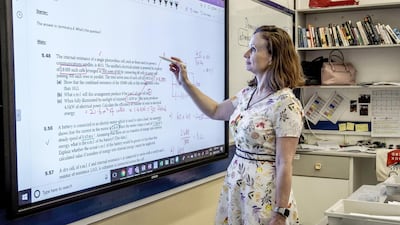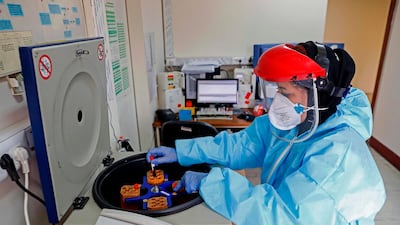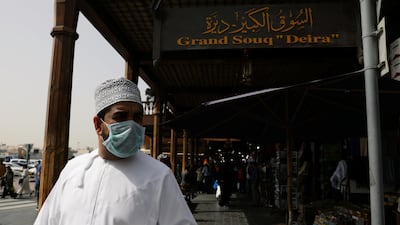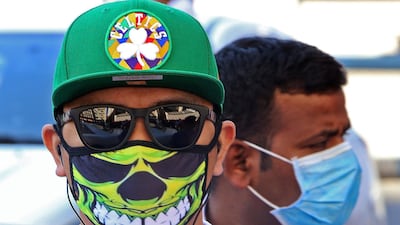Starting today, schools and universities across the UAE will be closed for four weeks as a preventive measure to limit possible transmission of coronavirus. The annual two-week spring holiday has been moved forward and commences today. This will be followed by two weeks of regular lessons conducted via remote learning rather than in a physical classroom. The Ministry of Education has also announced it will be running a "sterilisation programme" for educational facilities and school buses.
Many residents of the Emirates are rightly concerned about the international coronavirus epidemic. It is important to remember, however, that countermeasures against the virus should serve as a source of comfort, rather than panic or fear.

Minimising school activities for a limited period during epidemics helps to keep children safe. It also limits the conversion of the nation's schools into springboards for wider transmission of the virus into the community. The discovery of a case in a Dubai high school last week further underscores the risk.
In a study carried out by the University of Michigan in the United States on that country's 1918 influenza pandemic, it was found that early decisions taken in many American cities to close schools were some of the most effective moves authorities had made in combatting the virus's spread.
Today, health officials today are better prepared to make some decisions than they were a century ago. The pause in school attendance in the UAE is occurring in tandem with similar measures around the world. Nearly 300 million students worldwide are missing classes this week, from Italy to China to Japan.
Unlike the UAE, however, many of those students will not have access to tools like remote learning. The Emirates are proving to be a pioneer in ensuring that even when class is cancelled, education continues.
And so it must. If there is one thing that humanity's ongoing experience with the coronavirus challenge teaches us, it is that education and knowledge are not only beneficial to our development, but integral to our survival. Effective crisis management requires smart, capable leadership. Young people in school today are tomorrow's leaders. Some will be policymakers and health workers. Good decision-making – from parents and public officials alike – will be key to setting an example for future generations.
So far, at least 45 cases of coronavirus have been formally identified in the UAE. While the global number of cases has hit the 100,000 mark, Gulf countries have taken all measures necessary to control the situation, including cancelling international events, banning flights from heavily affected countries and keeping the public informed on the best ways to keep the virus at bay. It is no wonder, then, that World Health Organisation regional director for the Eastern Mediterranean Dr Ahmed Al Mandhari told The National he was "happy about what has been done" by members states of the GCC.
The closure of schools and nurseries will surely affect parents’ schedules, and we should all do our best to accommodate that. This means allowing employees to take leave or work from home, but also offering to help friends and relatives whenever it is possible and safe to do so. Health crises, naturally, can be unnerving. But they afford an opportunity for individuals to learn more about what they can do to be responsible members of their communities. School is out for the spring, but the lessons for all of us are ongoing.

















